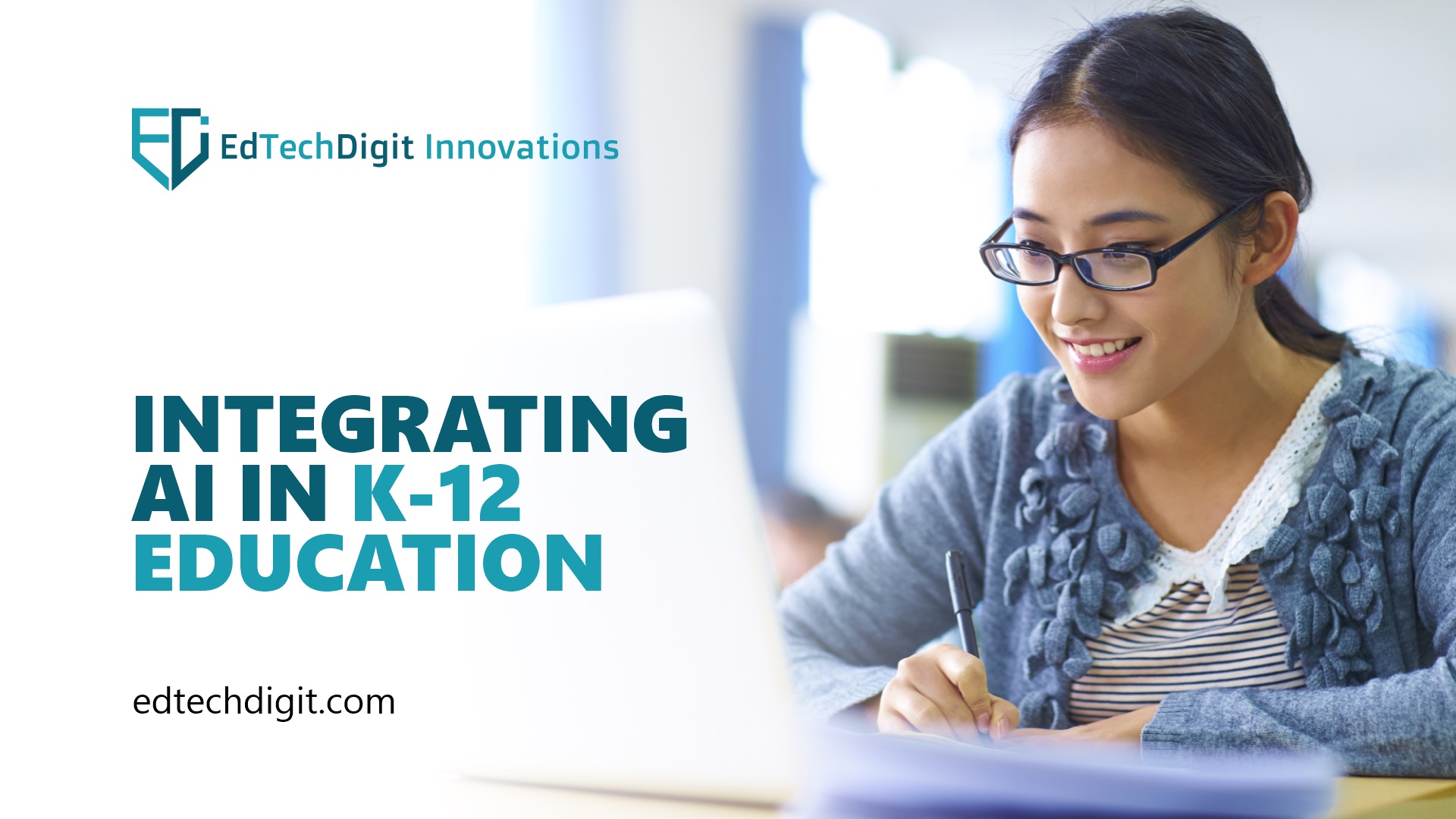Artificial Intelligence can be highly effective in enhancing the learning experience of students in K-12. But is it really so? Is integrating AI in education an easy and smooth process? There is a mixed reaction to whether the inclusion of AI technology in K-12 education is feasible. Certainly, there are several positive points that make AI a wonderful tool, however, there are several challenges that need properly addressed in the full-fledged integration of artificial intelligence in K-12 Education.
In this article, let us explore some of the major challenges that are serving as the stumbling block for the adoption of artificial intelligence in K-12 education.
Cost constraints
The major problem of efficiently integrating AI in K-12 education is the cost. K-12 schools, especially public institutions, run on a very tight budget. According to a 2023 report by the Center on Budget and Policy Priorities found that K-12 funding doesn’t fully align with the rise in inflation and therefore, schools remain limited with resources for innovative technologies including AI.
Even if the schools get the proper funding, then also they have to go through the obstacle of choosing the right AI tool. When it comes to the business world, there are so many AI solutions that are readily available but for K-12 education, the development of specific tools is still underway. Therefore, this lack of ready-to-use and curriculum-aligned options increases the cost naturally.
Privacy and Security Concerns
Data is the fuel that powers AI systems. So, for the K-12 education environment, the collection of huge amounts of data to train the model raises ethical and legal concerns. It is the school’s utmost priority to protect their student’s privacy and as well as the use of student data for training AI algorithms also requires careful attention.
A 2022 survey by the EdTech Center at Georgetown University unveiled around 72% of parents are concerned about the privacy of their child’s data that educational technology companies collect.
Not just privacy, but security risks are also associated with storing and using student data for AI systems. Therefore, schools must ensure robust cybersecurity measures to protect these data from security breaches or unauthorized access.
Teacher Training and Digital Literacy
AI has immense possibilities to revolutionize K-12 education and it is highly beneficial for educators as well. However how effective the integration of AI can be, entirely depends upon the AI skills of teachers and educators. As of now, many teachers lack the training and support needed to integrate AI into their teaching routine effectively. A recent 2024 study by intelligent.com, a research firm that is mainly focused on AI, found that although 98% of teachers use AI in some form or other (like ChatGPT for lesson planning), only 42% felt confident about their ability to integrate AI effectively into their teaching.
There’s a big concern about the potential for AI to replace teachers as well. Though AI is capable of automating many tasks, the human element will always remain important in education. Teachers provide emotional support, encourage critical thinking skills, and help students with individual needs.
Transparency and Explainability
Transparency is a big challenge in using AI. The AI algorithms are often “black boxes” which means their decision-making process is opaque. The lack of explainability can raise concerns regarding its bias and fairness in AI-driven educational tools. For example, an AI-powered grading system can be unfavorable for students from certain sections of society because of biases in training data.
Schools also need transparent and explainable AI tools so that teachers and educators know how the AI system comes to a particular decision and are free from biases. This transparency will also help students and parents to have better trust in the technology.
The Road Ahead
Despite all these challenges, the potential benefits of AI in education cannot be ignored. AI can personalize learning experiences, provide personalized support to struggling students, as well as automate various administrative tasks efficiently to free up teachers and other academic professionals time to focus on doing their best i.e. inspiring and guiding young minds.
A multi-pronged approach is needed to address the challenges we mentioned above. Governments can play an important role in providing the necessary funds to schools, tech companies can develop K-12-specific affordable tools, and regulations should prioritize student’s data privacy. And this will make using AI in K-12 education more trustworthy, accurate, and feasible.
Conclusion
Using AI for K-12 education definitely has challenges; however, they can be overcome with proper attention to transform this entire academic experience. Educators, policymakers, and technology developers, along with the government should work together to overcome these challenges so that they can leverage the full potential of AI technology in the K-12 education environment. This will help create a future where technology will assist in more personalized learning and enhance the overall educational experience for all students.

